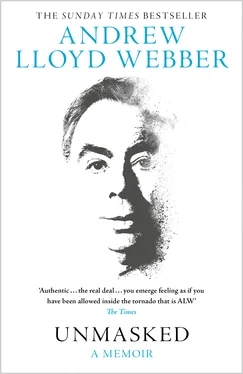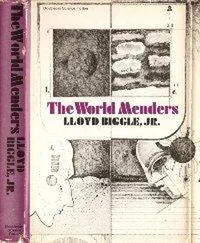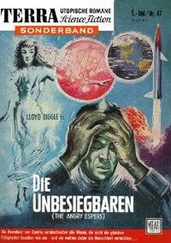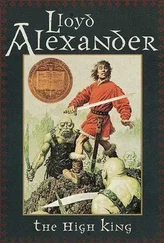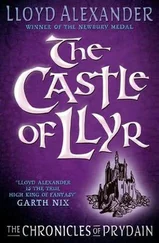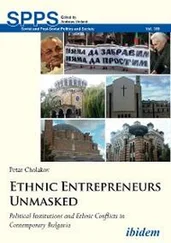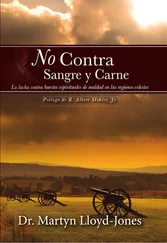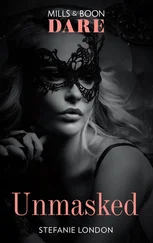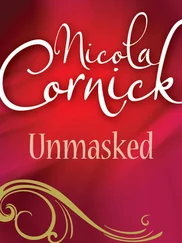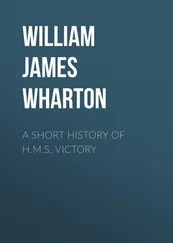OLYMPIC STUDIOS IN THE southwest London suburb of Barnes was Britain’s hottest rock studio, but its big room could accommodate a full-sized symphony orchestra. It was the natural choice for our single. The in-house engineers straddled both rock and orchestral music since major films were regularly scored there. When Keith Grant, Olympic’s legendary recording engineer, saw the scale of my arrangements he suggested that the rock band recorded to a metronome in their headphones. Nowadays this is called a “click track.” With a “click” as a guide, an orchestra only has to follow it to be totally in time with the original track. But a “click” dictates that the musicians will play mechanically and not with each other.
No great rock band plays like a machine and there are bound to be minor variations in speed in any performance, hence Keith Grant’s worries about overdubbing a juggernaut of a symphony orchestra without a “click” to guide it. I gambled that a great rhythm track totally outweighed the risk, but the issue never arose as Keith assigned our project to a young engineer my age called Alan O’Duffy. Alan is a tall, liltingly soft-spoken, big hearted Irishman who became the rock that pulled our disparate forces together. His experience in a studio that recorded everything from happening bands to symphony orchestras had prepared him for everything I threw at him. A metronome was never on his radar either, so we recorded the band and the soul singers ahead of the orchestra in the big studio where the Rolling Stones made many of their greatest hits.
Murray provided indefatigable guide vocals. A gospel choir, the Trinidad Singers, was hired for the chorus and the “soul trio” were a pair of seasoned white session girls, Sue and Sunny, augmented by Lesley Duncan, the singer-songwriter who later famously duetted with Elton John. Ironically the white soul singers at first sounded blacker than the gospel choir who seemed rather overawed and kicked off more Ascot Gavotte than Caribbean. But when it all eventually started to cook, everyone was astonishing. I tried several variations of the final choruses with the band, but on the master take Alan and Bruce took things into their own hands and played syncopations that defied gravity. Afterwards I wrote them all out, but although I’ve got rock sections to replicate what they did, it never sounds quite the same.
The timekeeping problem did prove a nightmare for the orchestra. I had scored the big “Superstar” chords in full Guildhall School of Music textbook “Also Sprach Zarathustra” overdrive. Recording that was easy. But recording the linking bridge section, where the full orchestra plays syncopated phrases precisely in time with the rock section, might have had my father’s Methodist minister craving a sip of Dad’s so-called water bottle. With the session clock ticking, we finally got a great take, only for Alan O’Duffy to announce to the whole studio that he had failed to put the tape machine into record. I went nuts. Calmly he got the orchestra to do another take and miraculously it too was perfect.
When the 70-odd players had gone Alan asked if I would like to hear back my orchestra. The sod had recorded them twice. My 70-piece orchestra now numbered 140. Maybe it was this naughty rock’n’roll Heath Robinson vibe in the studio, maybe the sheer adrenaline that comes when you create something spontaneously that you can’t really write down or maybe the vocal creativity that Murray brought to take after take, but whatever the reason that original recording of “Superstar” has never been bettered.
The B-side was orchestral and in two sections. The first was a very Richard Straussian arrangement for heavily divided strings of the melody that eventually became “Gethsemane.” I already knew what I would compose for the crucifixion and my instinct was that this music would become its coda. I wanted the antithesis to the stark horror of Jesus’s death, something overripe and more stained-glass window than wood and nails, that hinted at how Jesus became sentimentalized in paintings like Holman Hunt’s Light of the World or the Baroque excesses of southern Italy. Tim dubbed the music “John 19:41” after the verse in St John’s Gospel describing Jesus’s body resting in his tomb. The second part never made it to the final “opera.” It was a fun tune in 7/8 time which I thought might come in handy if we wanted something celebratory, possibly after Jesus’s triumphant return to Jerusalem. We didn’t.
When Tim, David Land and I played the single to Mike Leander and Brian Brolly, Brian was euphoric. He truly thought it was a major – he even used the word “cathartic” – breakthrough for pop. He pronounced that his American masters would unquestionably finance the rest of the unwritten “rock opera,” as it was decided the non-existent opus would be billed. David Land kept mumbling about what he would say at some friend’s son’s imminent barmitzvah, but the discussion quickly centred on what the single should be called. We settled on “‘Superstar’ from the Rock Opera ‘Jesus Christ.’”
Everyone agreed that we needed a leading clergyman to endorse the single. An obvious target was Martin Sullivan at St Paul’s Cathedral. Martin was delighted to help and wrote, “There are some people who may be shocked by this record. I ask them to listen to it and think again. It is a desperate cry. Who are you, Jesus Christ? is the urgent enquiry and a very proper one at that.” Martin immediately offered St Paul’s Cathedral for the premiere if and when we finished “Jesus Christ.” We never took up the offer. Events overtook us. But he did give us this advice. Strict, or as he put it, fringe Christians would be bound to denounce our work, but that didn’t bother him. He was certain that most Christians would actively embrace it. His concern was that we could inadvertently offend Jews.
We were taken aback. We were supported by two Jewish businessmen and this possibility had never been touched on. It was not on our radar to write anything that could be remotely interpreted that way. Tim told Martin that his take would spring from whether history had treated the motives of Judas Iscariot and Pontius Pilate unfairly and that he couldn’t see how that could be offensive to anyone. I added that Sefton and David, plus their many connections in London’s Jewish community, would surely flag any problem. For years Martin’s warning seemed unfounded. It wasn’t until the film of Jesus Christ Superstar was released in the US that it proved real.
BRIAN BROLLY WENT INTO overdrive. “Superstar” would lurch out in the UK on November 21. He secured releases in every major territory and a few I’d never heard of. Of course the most important was the USA where Brian’s ultimate boss Mike Maitland quickly became the project’s unstinting champion. The American release was set for December 1. Back in the UK there was high excitement because we were offered a live performance on David Frost’s Saturday night ITV show. This had two consequences: outraged viewers jamming the ITV switchboard and the beginning of my deep friendship with David that continued up to his far too early death in the summer of 2013.
A rather irritating storm was fabricated by the Daily Express . A creative journalist managed to get quotes that implied we had asked John Lennon to play Jesus. This was ludicrous. For openers there was no score or script to show him. Even today this fabricated rubbish persists as fact. But despite the huge TV plug and this mini furore, the UK reaction was disappointingly ho-hum. Britain wasn’t ready for the single that Brian Brolly hailed as “cathartic” and, it turned out, nor was the USA. True there was a ripple of interest, but the big Christmas releases and the subject matter meant airplay was minimal. Thankfully the single did take off in a strange assortment of territories like Holland and Brazil and Brian Brolly confirmed a then massive budget of £20,000 for us to record our “rock opera.” (Today £318,000.)
Читать дальше
